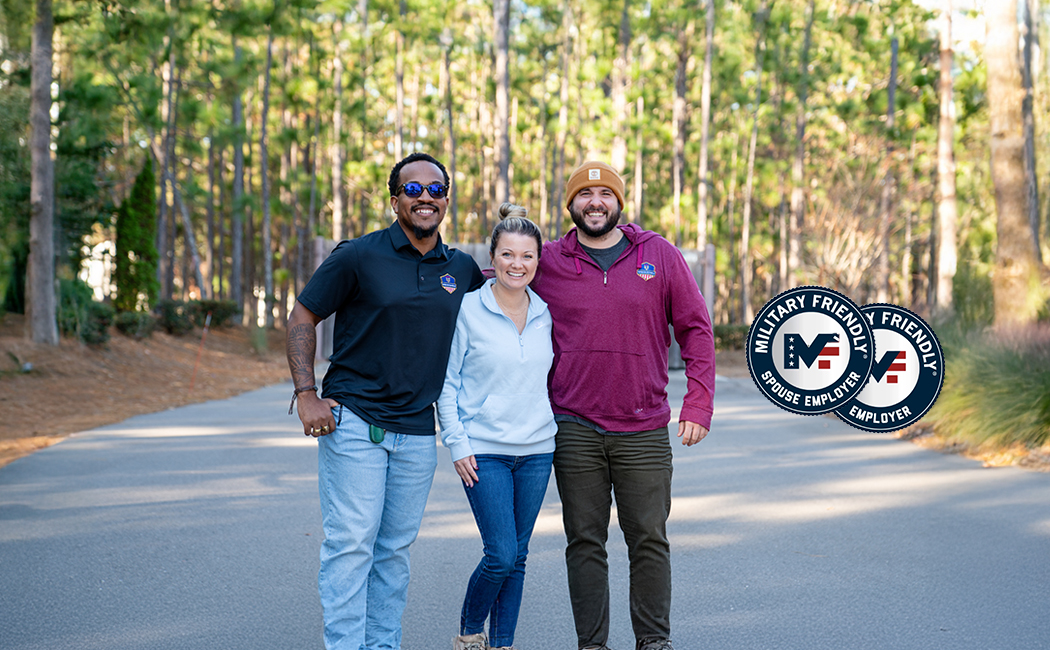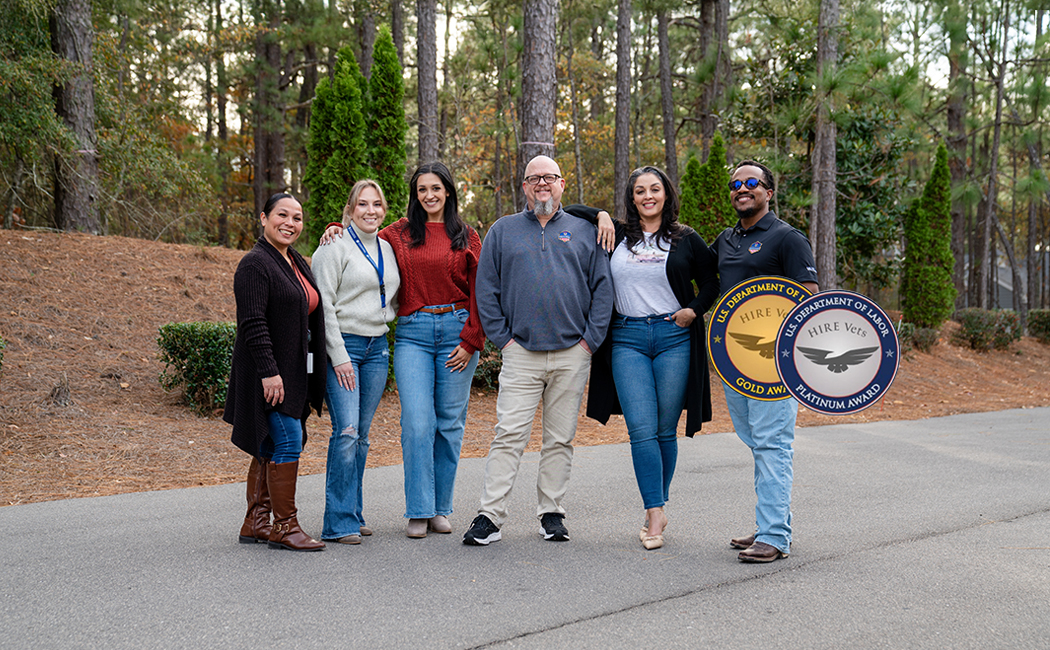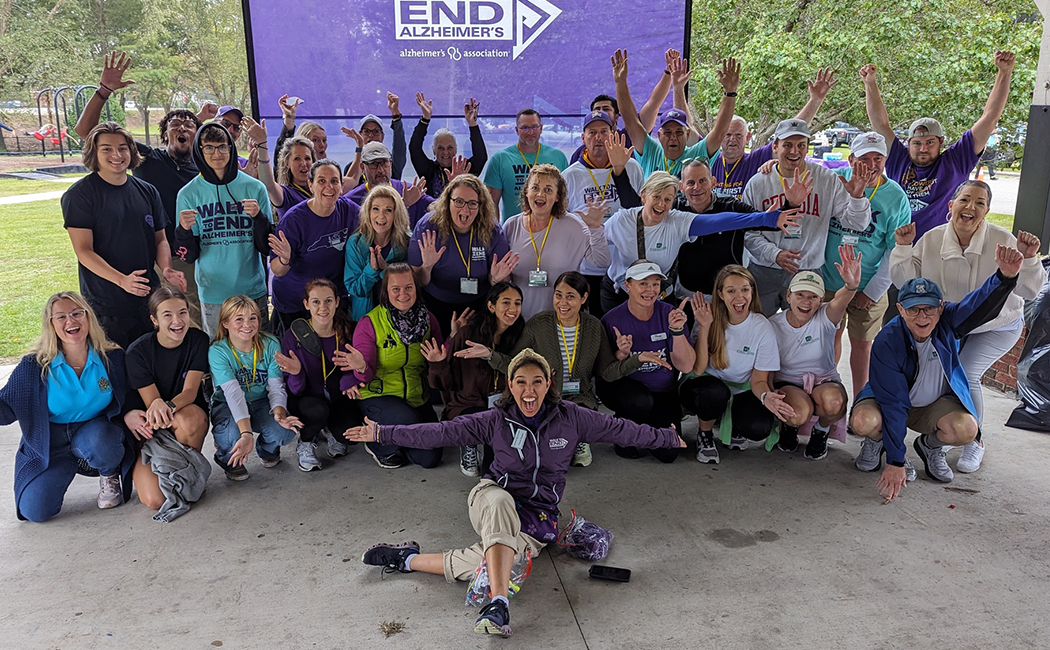Combatting Stigma: Mental Health
Conversations for Veterans
Mental health is a critical issue for many Veterans as they transition from military
service to civilian life. The unique experiences of combat, deployment, and reintegration often contribute to mental health challenges such as post-traumatic stress disorder (PTSD), anxiety, depression, and substance abuse. However, stigma surrounding mental health often prevents Veterans from seeking the help they need. In fact, the fear of being perceived as weak or different can deter Veterans from having open discussions about their mental health, which further perpetuates the problem.
At Veterans Guardian, we believe that addressing the stigma and promoting open,
honest conversations about Veteran mental wellness is essential. This article will
explore the challenges of mental health stigma among Veterans, offer advice on how to start these conversations, and provide resources that can help Veterans seek the
support they earned.
The Impact of Mental Health Stigma on Veterans
The stigma surrounding mental health is particularly pronounced in military culture,
where strength, resilience, and toughness are highly valued. Many Veterans feel
pressure to “tough it out” when dealing with mental health challenges, believing that
seeking help might reflect negatively on their military service or personal identity. This
can create a cycle where Veterans avoid discussing their struggles, leading to untreated mental health issues and further isolation.
1. Fear of Judgment and Perception of Weakness
One of the most pervasive elements of mental health stigma is the belief that
acknowledging mental health struggles equates to weakness. Veterans, especially
those who have served in combat, may feel that admitting to emotional or psychological struggles undermines their sense of toughness or strength. Unfortunately, this belief can cause Veterans to delay or avoid seeking mental health treatment, which can worsen their condition over time.
2. Misunderstanding of Mental Health Conditions
Many Veterans and their families may not fully understand the nature of mental health
conditions like PTSD or anxiety disorders, which can contribute to the stigma. Some
may mistakenly believe that mental health issues are “all in the head” or something that can be overcome with willpower alone. This misconception not only prevents Veterans from seeking help but also isolates those who are already struggling, making it more difficult for them to reach out for support.
3. Fear of Career Impact
Some Veterans worry that discussing mental health issues may negatively impact their employment prospects or ongoing careers in military-adjacent fields. They may fear that seeking treatment will mark them as unreliable or unstable, which can discourage them from pursuing much-needed support.
Encouraging Open Mental Health Conversations
Breaking down the stigma surrounding mental health for Veterans requires creating
an environment where open and honest conversations are encouraged. Here are some practical tips for starting these conversations, whether you’re a Veteran, family member, or friend.
1. Start with Empathy and Understanding
Whether you’re a Veteran initiating a conversation about your mental health or a loved one hoping to start that conversation, it’s essential to approach the subject with
empathy and understanding. Acknowledge that mental health challenges are common
and that reaching out for help is not a sign of weakness—it’s a courageous step toward healing. When discussing mental health, it’s important to avoid judgment and be willing to listen without offering immediate solutions.
2. Share Personal Stories
One of the most effective ways to combat stigma is through the power of personal
stories. Veterans who share their own experiences with mental health challenges can
help normalize these conversations for others. Whether you’re a Veteran sharing your
story with a friend or a public figure speaking out, personal testimonies can break down barriers and reduce feelings of isolation for those who may be struggling.
There are numerous Veterans who have publicly shared their mental health journeys,
showing that it’s possible to heal and thrive after service-related trauma. These stories of resilience and recovery can inspire others to seek help and start their own
conversations about mental wellness.
3. Acknowledge the Courage in Seeking Help
Seeking help for mental health issues is a brave act. Veterans are often encouraged to view seeking mental health treatment as an extension of their service—taking care of themselves so they can continue to be there for their families and communities. By
framing mental health care as a sign of strength, Veterans are more likely to engage in these conversations and take the necessary steps toward getting support.
4. Encourage Peer Support and Community Connection
Veterans are often more comfortable talking about their struggles with others who have experienced similar situations. Peer support groups can be a powerful way to
encourage open mental health conversations. These groups create safe spaces for
Veterans to share their stories, express their emotions, and receive support from others who understand their experiences.
Many organizations offer peer support groups specifically for Veterans, providing an
environment where participants can talk about mental health without fear of judgment.
Veterans Guardian encourages Veterans to explore these groups as a way to start
conversations about mental wellness and connect with others who share their
challenges.
5. Create a Supportive Environment for Veterans
Family members, friends, and loved ones play a crucial role in supporting Veterans as
they navigate mental health challenges. It’s essential to create a safe and non-
judgmental environment where Veterans feel comfortable discussing their mental
health. This includes listening actively, avoiding negative stereotypes, and encouraging open conversations. By fostering a supportive atmosphere, families can help break down the stigma and promote mental wellness.
Resources for Veteran Mental Wellness
There are numerous mental health resources available to Veterans seeking support.
From VA programs to community organizations, Veterans can access the care and
resources they need to address mental health challenges and regain control of their
lives.
1. Department of Veterans Affairs (VA) Mental Health Services
The VA offers a comprehensive range of mental health services for Veterans, including counseling, therapy, and treatment for conditions like PTSD and depression. Veterans can access mental health care through their local VA medical center or through the Veterans Crisis Line. The VA also offers telehealth services, making it easier for Veterans in remote areas to access care.
- Veterans Crisis Line: Veterans in crisis can reach out for immediate help by
calling 988 and pressing 1, or by texting 838255. - VA Mental Health Services: Learn more about the VA’s mental health services
and find a provider near you here.
2. Veterans Guardian Mental Health Resources
At Veterans Guardian, we understand the importance of mental wellness for Veterans. We provide support in filing disability claims for mental health conditions like PTSD, ensuring that Veterans receive the compensation and care they earned.
3. Non-Profit Organizations and Peer Support
Several non-profit organizations are dedicated to helping Veterans improve their mental wellness by offering peer support, counseling, and other services:
- Give an Hour: Provides free mental health services to Veterans through a
network of volunteer professionals. Learn more here. - Wounded Warrior Project: Offers mental health programs, peer support, and
counseling services specifically designed for Veterans. Find out more here. - Veterans of Foreign Wars (VFW): The VFW provides Veterans with access to mental health resources and peer support groups. Learn more here.
Final Thoughts
Combating the stigma surrounding mental health for Veterans is an ongoing process, but it begins with open conversations. By normalizing discussions about mental wellness, sharing personal stories, and providing access to the right resources, Veterans can find the support they need to thrive.









